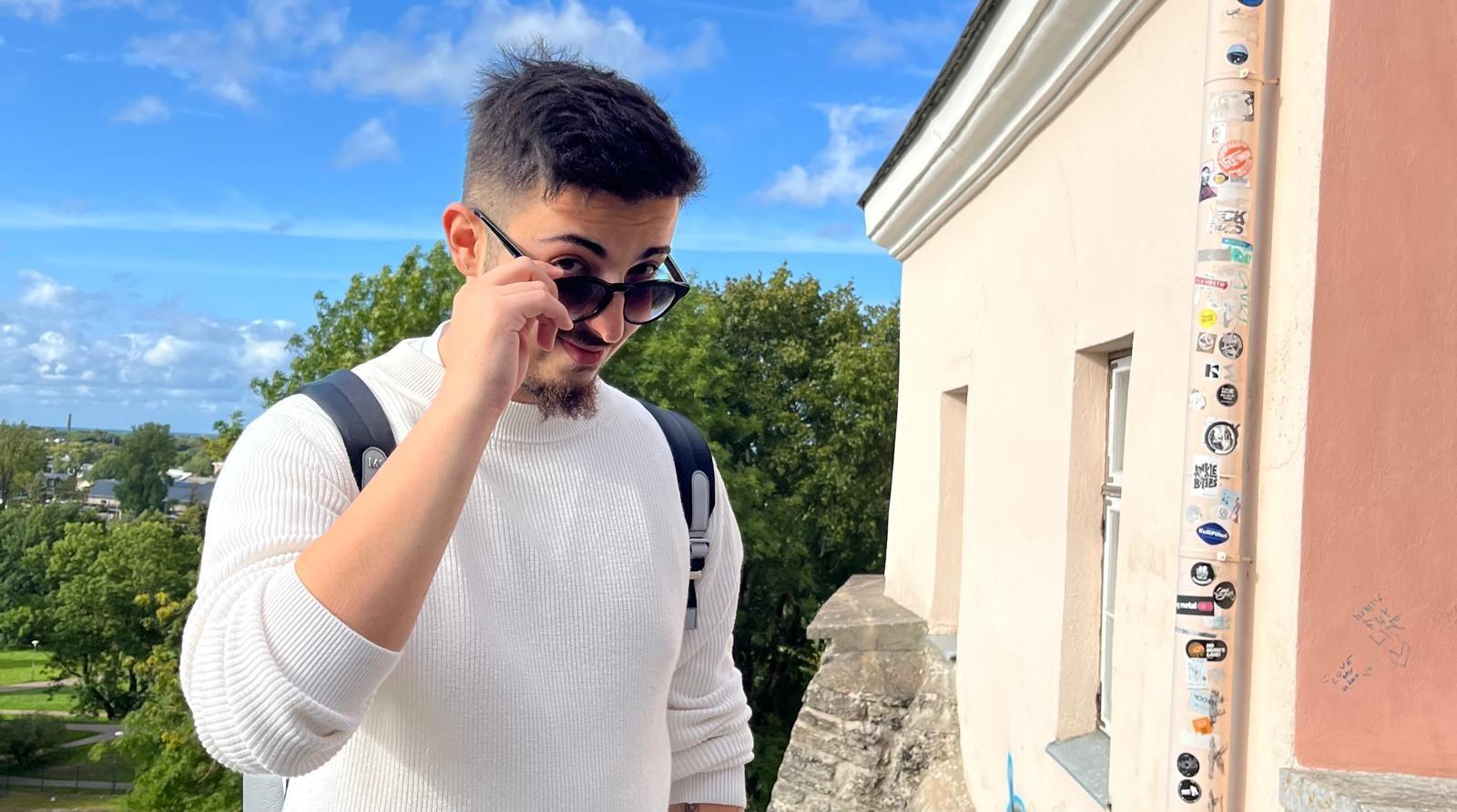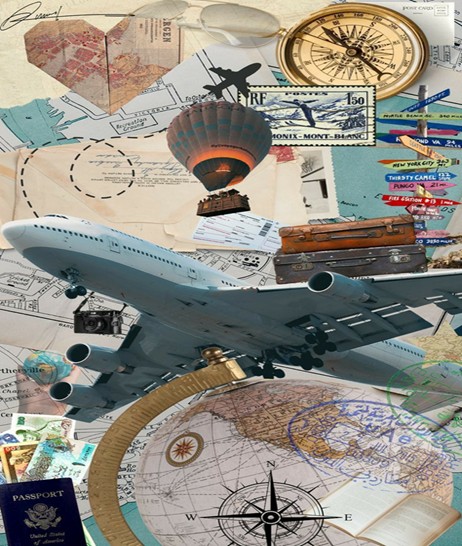How Mobility Affects One’s Perspective: A Cultural Adaptation Reflection of an International Student

In today’s interconnected world, it is increasingly important for individuals relocating to a new country for work, study, or permanent residence to effectively adjust to the local culture. When faced with an unfamiliar cultural environment, individuals must adapt to new customs, norms, and behaviors. This cultural adaptation involves adjusting to various aspects of daily life, learning culturally appropriate behaviors, and developing social skills that facilitate smooth interactions with locals.
Many studies on cultural adaptation have focused on how the characteristics of individuals—such as their skills, personality, or demographics—affect their openness to and acceptance of new cultures when moving abroad. Traits associated with cognitive and social abilities, which help individuals engage with locals, are shown to support successful adaptation. For example, cultural intelligence is a strong predictor of how well a person adapts to a new culture, and those with higher levels of extraversion tend to adjust better psychologically to different cultural environments. However, recent research has suggested a more comprehensive approach, emphasizing the sociocultural characteristics of the host country. Studies indicate that the societal environment of the host country plays a crucial role in cultural adaptation.
Although I come from a country with very different cultural traits, I have found adapting to Estonia surprisingly easy in many ways. This is largely due to Tallinn’s welcoming atmosphere for internationals, which makes it easy to meet like-minded people. Before moving here, I was told by many people that Estonians are distant and hard to communicate with. However, upon arriving, I quickly realized that this generalization was not accurate. Despite Estonia being a relatively homogeneous country with a population of mostly Estonian descent, the nation fosters growth and development in all aspects of life to enhance the overall prosperity and happiness of its citizens. As a result, when walking through the streets of Tallinn, it is easy to see how eager and open-minded locals are to learn from international people, in order to drive progress in both societal and technological advancements.

Cultural adaptation is a dynamic and ongoing process that involves not only adjusting to visible aspects of a new culture, such as language, food, and social customs, but also understanding deeper, more subtle elements like values, beliefs, and communication styles. This process often requires individuals to step outside their comfort zones, challenge preconceived notions, and develop a flexible mindset. As people immerse themselves in the new cultural environment, they may face challenges, such as feeling isolated or experiencing misunderstandings due to cultural differences. However, these challenges can also serve as opportunities for growth, as they encourage individuals to build resilience, empathy, and a greater understanding of diversity. Over time, successful cultural adaptation can lead to a stronger sense of belonging, improved relationships, and enhanced personal development, as individuals become more adept at navigating and appreciating the complexities of their new cultural context.
To sum up, cultural adaptation is a crucial aspect of living and thriving in a new country. While individual characteristics such as personality and skills play an important role in how well a person adjusts, the broader sociocultural environment of the host country also significantly influences this process. My personal experience in Estonia has highlighted how a welcoming city, open-minded locals, and a focus on progress can make the adaptation process smoother. While adapting to a new culture can be challenging at times, it ultimately offers the opportunity for personal growth, deeper cultural understanding, and stronger connections with people from different backgrounds. By embracing these challenges and opportunities, individuals can create meaningful experiences that enrich their lives and contribute to the cultural fabric of their new home.
This essay was written by Tuna Hilmioğlu after completing the course KOI7046.FK Globalization and Identity in Society, which is part of the MA Program in Communication Management.